Graham Reid | | 1 min read
Son Volt: When the Wheels Don't Move
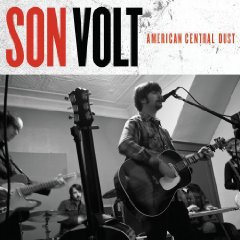
For a while in the late Eighties/early Nineties alt.country was an exciting but difficult music to follow: no sooner had you tuned in to Uncle Tupelo than they split (Jay Farrar to found Son Volt, Jeff Tweedy and the rest to form Wilco); then Jay Bennett was out of Wilco and into a solo career (his death a few months ago was a bitter coda to that sad but ultimately redemptive story); and the influential Jayhawks also suffered similar schisms.
This was all good news in some strange way: it mean more and different music from a similar post-Band/alt.country scene which owed a debut to traditional artists such as Hank Williams but aso referenced the Byrds/Flying Burrito Bothers axis as well as post-punk and Gram Parsons.
But it was Uncle Tupelo which was there right at the start and their small selling 1990 album No Depression gave rise to the alt.country movement of the same name.
Since his departure from that band Farrar has run a solo career alongside various incarnations of Son Volt, but this album finds him back in the band context again for a superb collection of melodic, sometimes melancholy (but just as often twanging) Neil Young-styled country-rock, literate songs which can take you down with weeping lap steel (Pushed Too Far, Exiles) as much as lift you up with alt.rock (the gritty When the Wheels Don't Move which conjures up the spirit of James McMurtry).
But there is a sense of loss which infuses the lyrics on many of these songs, and I suspect that is what people want to hear in the Americana genre: that idea of great days gone, but also a chin-up'n'face the future over a half-empty glass kind of feeling.
Farrar has the voice (and the lyrics) to deliver that sentiment, but he's also able to kick out the jams on the strum'n'twang of Jukebox of Steel which closes this 12 song collection, which has to be counted among Son Volt's best.
What with this and the Jayhawks' collection, these are good days indeed for alt.country/American folks.


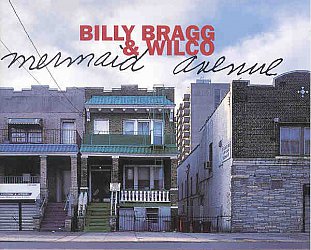
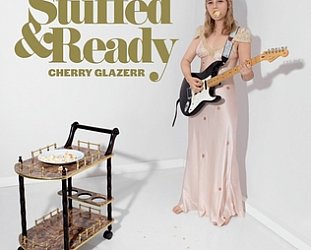
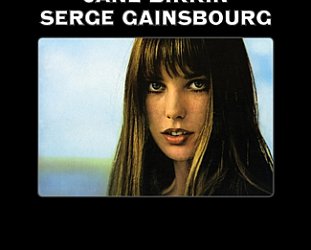
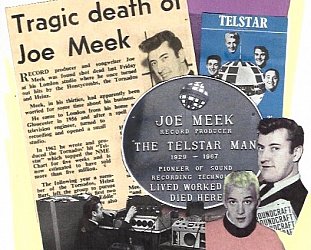
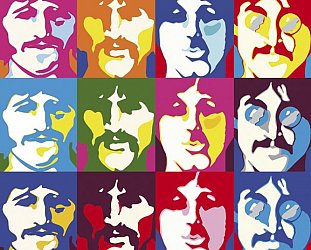
post a comment